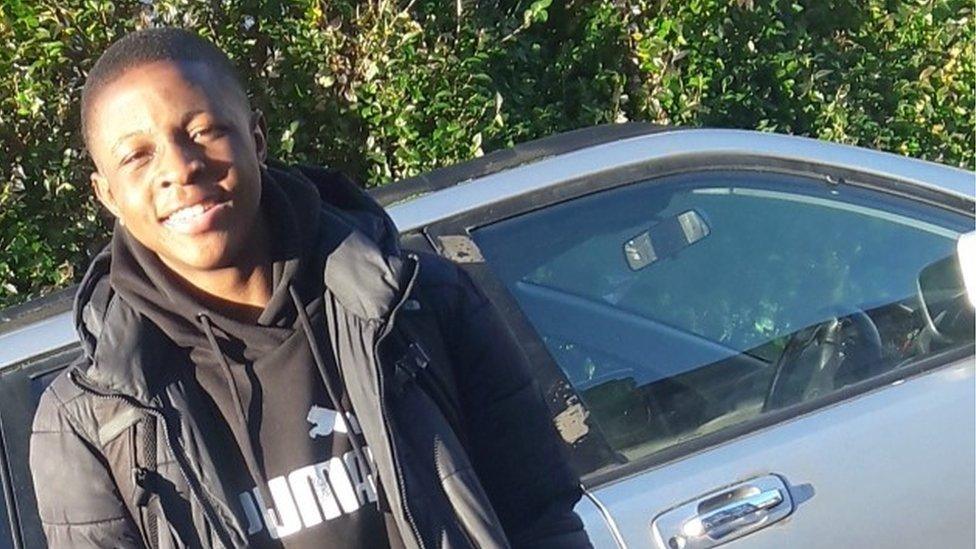Zombie knife victim's father welcomes ban
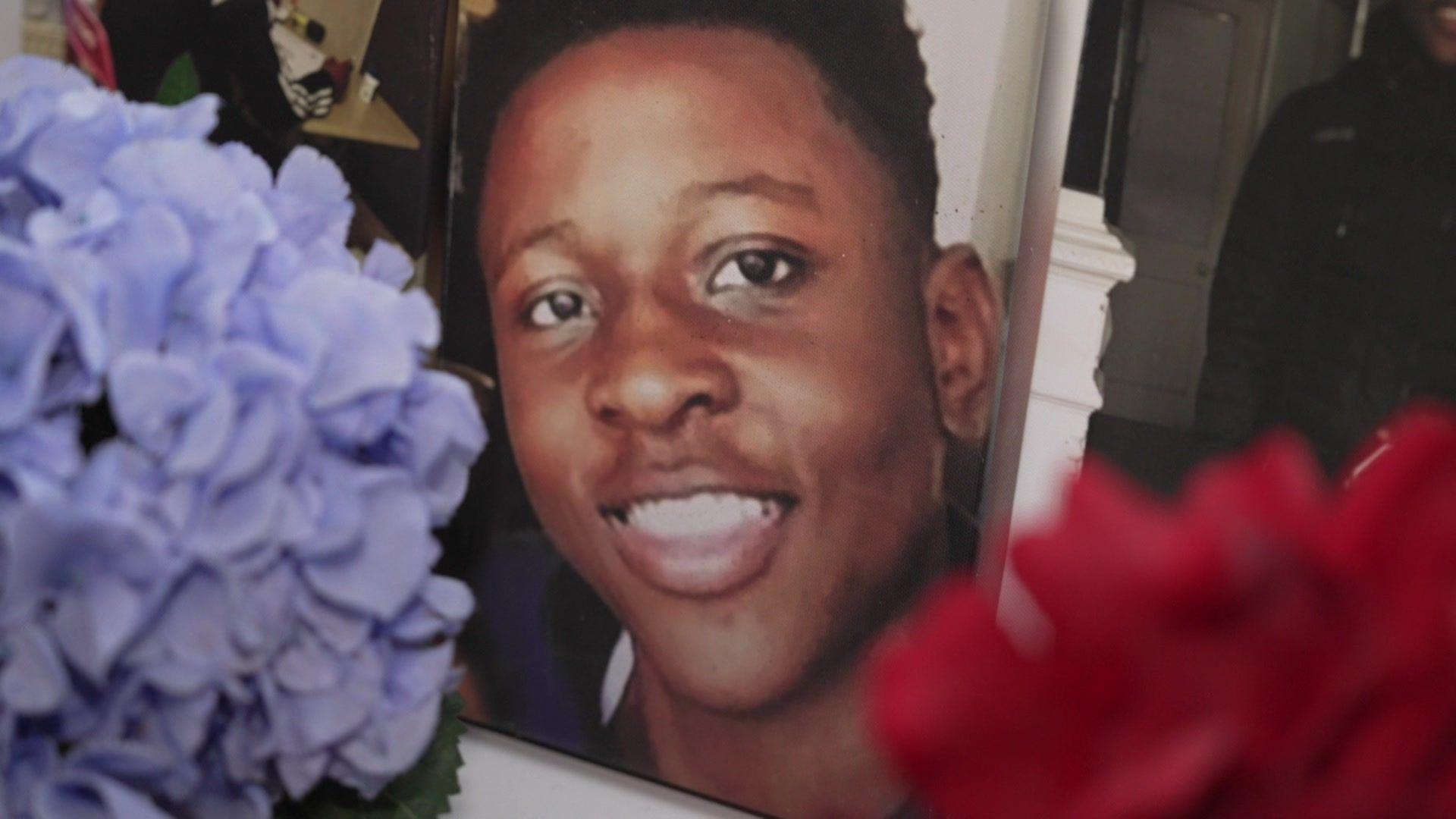
Malcolm Mide-Madariola was murdered with a zombie-style knife in 2018
- Published
"£19.99. That was the cost of the knife that killed my son."
Dr Olumide Wole-Madariola says he remembers "vividly" the weapon used to murder his 17-year-old son Malcolm Mide-Madariola in November 2018.
"It was a zombie knife, with a serrated edge. It's a weapon never to be used on a human being."
Malcolm, an A-level student, had just finished his last day at college, when he tried to step in to defend another teenager outside Clapham South Tube station, and was stabbed in the heart.
Malcolm's killer, 18-year-old Tammuz Brown, was sentenced to 16 years for murder and possessing a knife at the Old Bailey.
Treynae Campbell, who gave Brown the weapon, was handed 28 months at a youth offender institution at an earlier hearing after admitting having a blade.
The court heard Brown had a previous conviction dating back to August 2018 for possessing a zombie knife.
Prosecutors said Malcolm was an innocent victim who "bravely sought to stand up to Brown, for which he paid with his life".
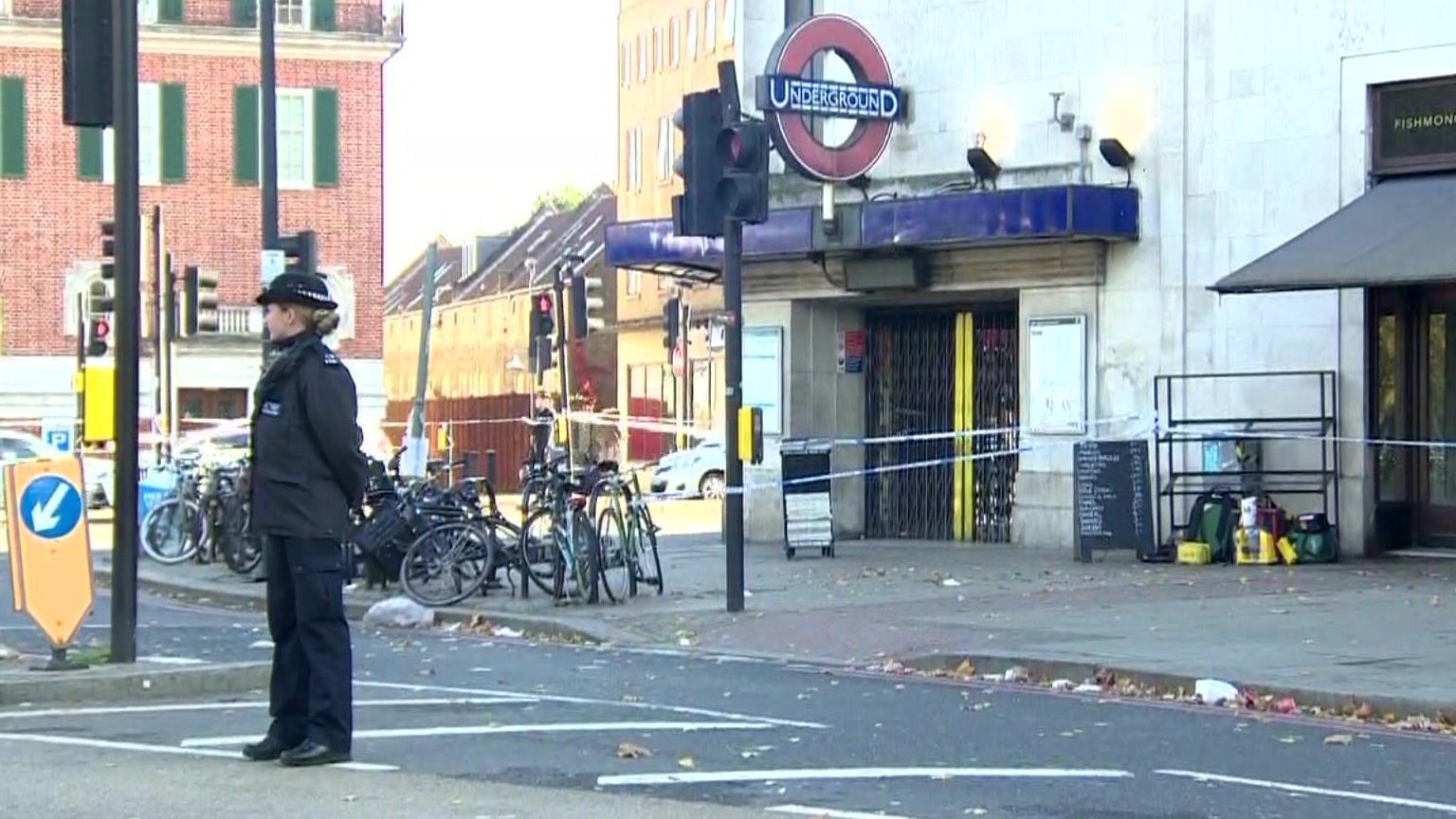
Malcolm was killed outside Clapham South Tube station as he tried to defend another teenager
"He's someone who's left a legacy, of standing up for someone," Dr Wole-Madariola tells me.
"I remember him as my very brave son. He paid the ultimate price."
He says Malcolm's death has left a void, which nothing else can fill: every family celebration, even the graduation of his other children, is a reminder that Malcolm is missing.
For years, Dr Wole-Madariola has campaigned for a ban on zombie-style knives.
Although the weapons were added to the government's list of prohibited offensive weapons in 2016, a loophole meant many could still be sold and possessed as long as they did not feature images depicting violence on their handles.
From Tuesday, new legislation will close that loophole and make it an imprisonable offence to own, make, transport or sell “zombie-style” knives and machetes in England and Wales.
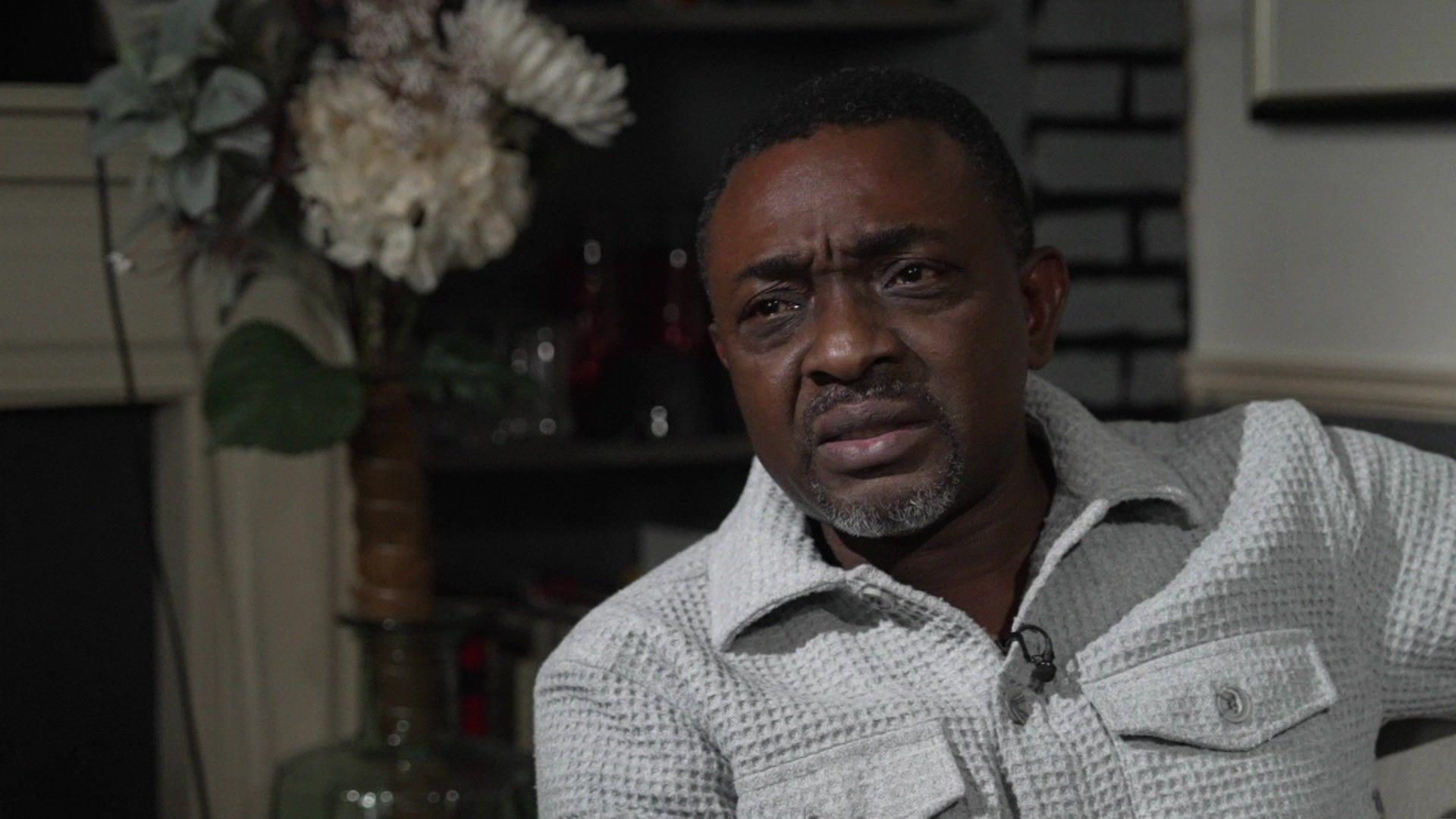
Dr Olumide Wole-Madariola has been calling for a ban on zombie-style knives
Dr Wole-Madariola says the legislation is "better late than never", but believes much more needs to be done.
He is worried a "black market will erupt", with offenders still able to sell weapons to teenagers over social media, and says it is vital that there are enough resources for police to pursue those responsible.
"Over time it will reduce, the circulation will drop. That's what the law is going to do. So it's a welcome development. But it's a starting point, not an end point."
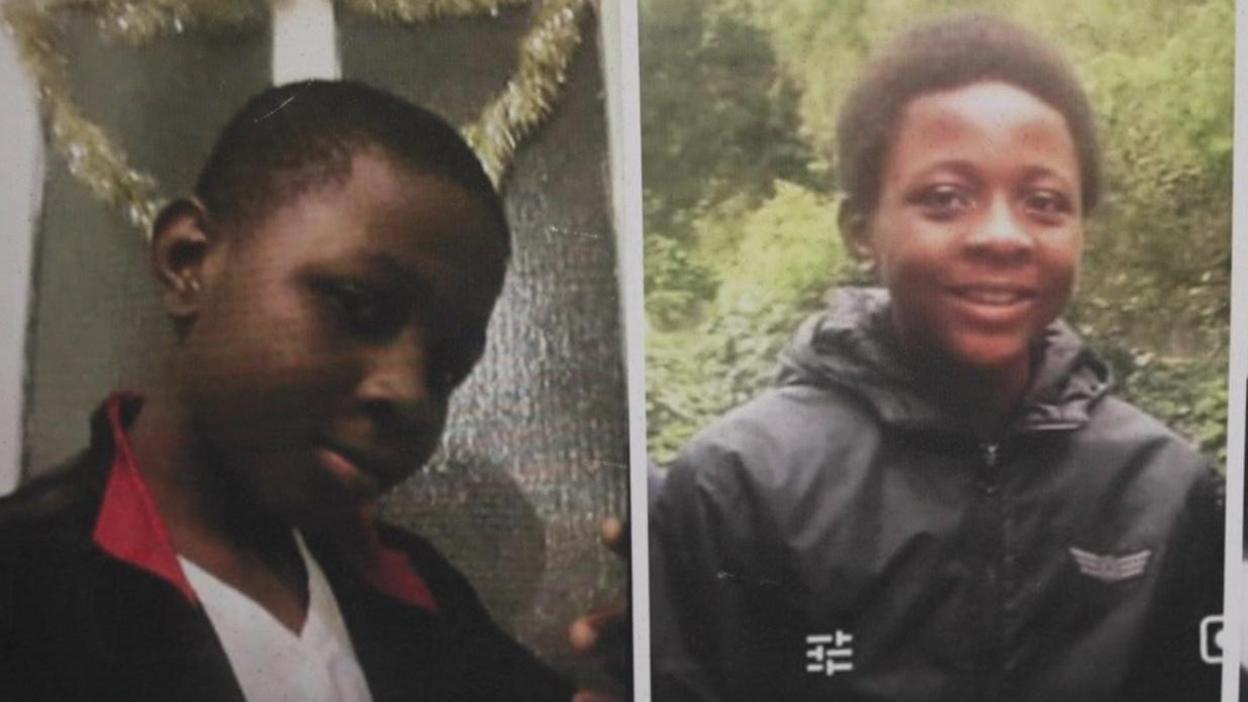
Malcolm's family have filled their home with photos of him, saying his death has left a "void" in their lives
Home office data shows 14,961 knife crime offences were recorded by the Metropolitan Police in the 12 months to March 2024, a rise of 16 per cent on the year before.
Although the number of homicides involving knives or sharp implements has fallen since 2019, so far this year, eight teenagers have lost their lives, including a 15-year-old boy in Woolwich on Sunday.
Figures gathered by the BBC using Freedom of Information requests suggest large blades are also being recorded in more and more crimes by police in England and Wales.
The number of recorded crimes that mentioned machetes, swords or zombie knives has almost doubled in five years, although the Met did not respond to the BBC's request for data.
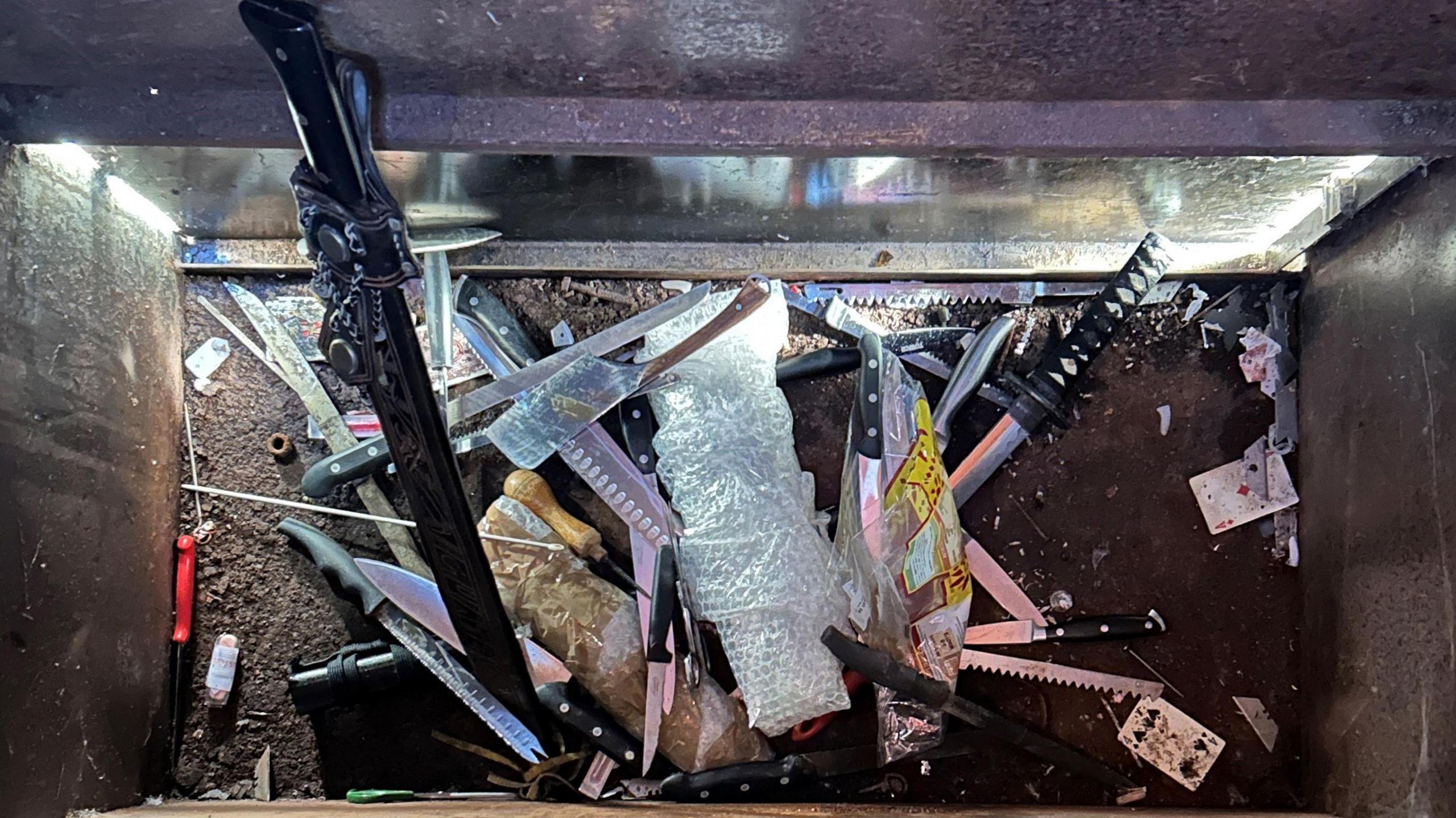
Zombie knife bins have been introduced to encourage owners to hand them in
"It's horrific. It's appalling," Dr Wole-Madariola says.
"What has deteriorated to that level that a teenager will think of taking such knives and walking on the streets with it?"
He believes more needs to be done to challenge the culture around why some young people see carrying weapons as part of a "social status".
"That's where the school comes in, that's where the parents come in, where the religious bodies come in, and where the charities come in."
He believes parents, in particular, need to be far more aware of the risks.
"How would your child leave the house with knives and you won't know? That's not possible."
He also wants tougher sentences for those who kill, accusing the judicial system of "pampering criminals".
'Proud'
The government has promised to halve knife crime over the next decade, and says the ban on zombie-style knives and machetes will be followed by plans to ban ninja swords.
Dr Wole-Madariola says he is "very hopeful" about the promises that have been made.
He asks if he can show us "Malcolm's space", and leads us through into the conservatory, which the family have filled with photographs, and tributes, signed posters and boxing gloves.
It is a place packed with memories, which he takes us through one by one: Malcolm as a young child, Malcolm dressed up for church, Malcolm at the airport, when he had insisted on seeing his father off before a trip.
"Whenever any of us feel we want to remember Malcolm, we come here," he smiles.
"He was a good boy. He made me proud."
He does not want any other family to suffer as they have.
"The memories we keep. This is how we are going to live now for the rest of our lives."
Listen to the best of BBC Radio London on Sounds and follow BBC London on Facebook, external, X, external and Instagram, external. Send your story ideas to hello.bbclondon@bbc.co.uk, external
Related topics
- Published23 September 2024
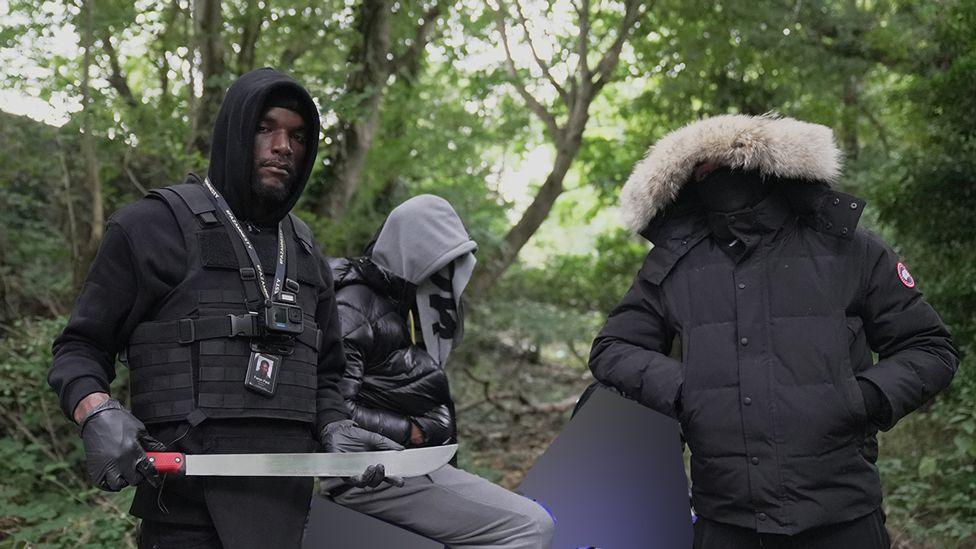
- Published2 September 2024
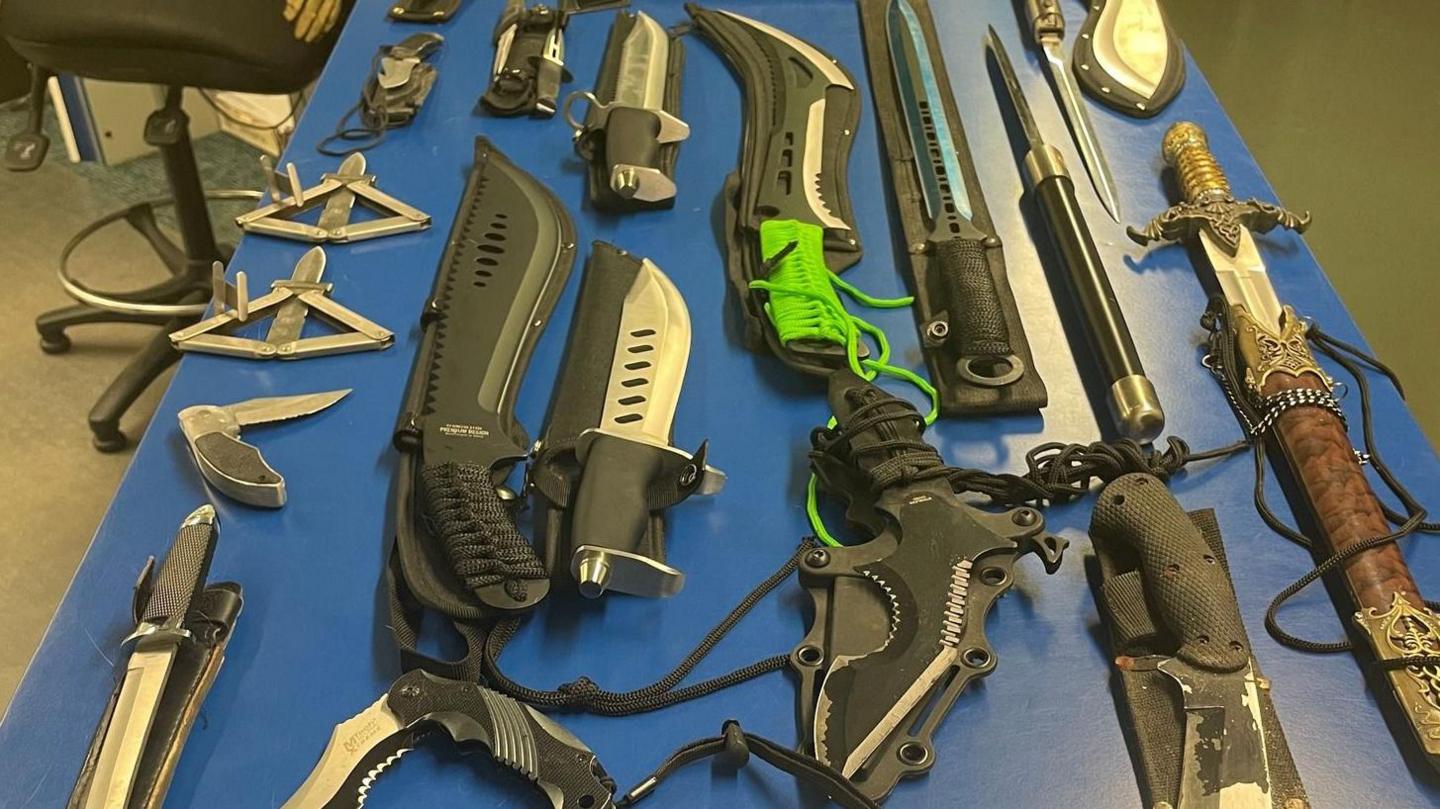
- Published8 June 2019
